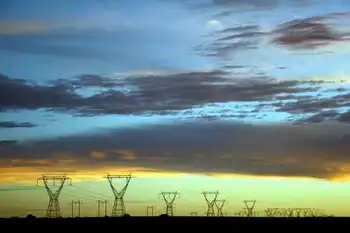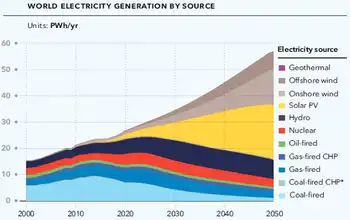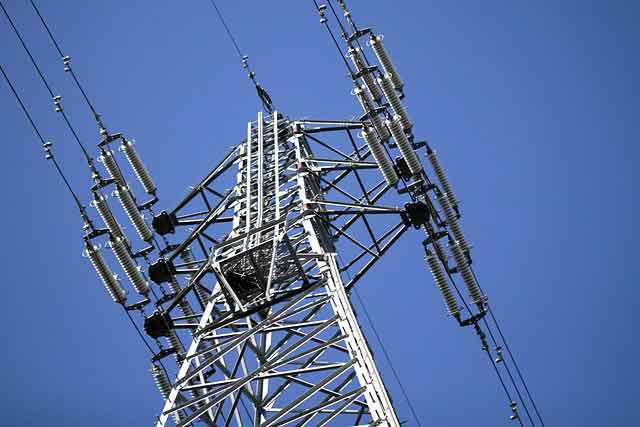Power authority sues city of Raton
By Knight Ridder Tribune
NFPA 70e Training - Arc Flash
Our customized live online or in‑person group training can be delivered to your staff at your location.

- Live Online
- 6 hours Instructor-led
- Group Training Available
The authority, based in Lamar, filed its lawsuit in U.S. District Court. The lawsuit seeks a court order that Raton is obligated by contract to purchase its electricity from the authority at wholesale rates established by the authority. The lawsuit also seeks a court order that Raton is required to set its retail electrical rates at a level sufficient to pay its share of the costs of the Lamar plant.
The authority sells electricity at wholesale to its members. The other members are Lamar, Holly, La Junta, Las Animas, Trinidad and Springfield and they resell the electricity at retail to their combined 38,000 local customers.
The dispute stems from the upward spiraling costs of a project to increase the plant's generating capacity to approximately 38.5 megawatts from 25 megawatts. The project will switch a boiler from natural gas to coal.
The lawsuit contends that Raton and the other authority members unanimously approved the project and that, as a result, the authority issued revenue bonds to pay for the project. The authority said the cost was estimated at $66 million when the project was proposed in 2004. By 2006, the cost estimate had risen to $76 million. The lawsuit said the authority, based on unanimous approval, issued $87.7 million of bonds in 2006.
Afterward, the authority said it "experienced significant and unanticipated additional costs" for the project. "The most significant cost increase was in the market for labor and construction services... as the result of a large number of energy projects under construction at the same time," according to the lawsuit.
"In addition, the worldwide demand for steel, a major component of the (project), and other commodities created a substantial upward pressure" on the project's cost. Because of that, the authority issued $28.6 million more in bonds last Oct. 1. All members except Raton approved the additional bonds, according to the lawsuit.
The lawsuit said Raton "has asserted that its rate payment obligations are limited to the repayment of the 2006 bonds and that it is not liable for any costs" of the 2007 bonds. "Accordingly, Raton has indicated it will not adjust the rates it charges to its retail electric customers to account for any portion of the repayment" of the 2007 bonds.
The lawsuit contends Raton is obligated to purchase electricity from the authority until Dec. 31, 2040, or until the bonds are fully repaid, whichever comes later. The authority said Raton city officials voted Dec. 17 "to pursue litigation against the authority to avoid its obligations to pay a proportionate share of the debt service on all bonds" for the project.
Raton's public service manager said in March that continued increases in the project's cost will mean that consumers will never see the savings anticipated from switching to coal. The authority's manager responded that its rates will become very competitive "over the long period of time."
The project stemmed from a nationwide spike in natural gas prices in 2003.











